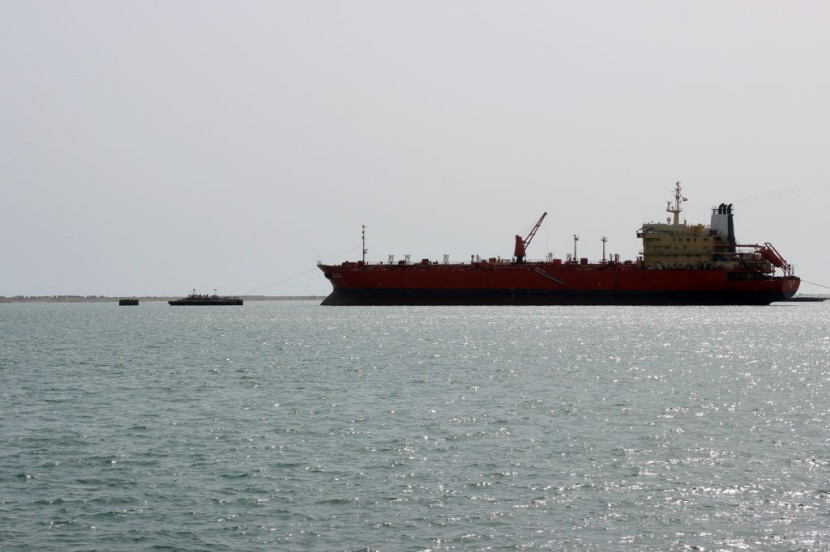Houthi rebels in Yemen have issued a stark threat to attack American warships if the conflict in the Red Sea escalates.
The United States, responding to the disruptive actions of the Iran-backed Houthi group, has unveiled an international coalition aimed at preventing further attacks that have wreaked havoc on global shipping, as per The Telegraph.
Houthi Attacks Halt Red Sea Shipping Operations

The recent surge in attacks by Iranian-backed Houthi rebels in Yemen has targeted vessels using the Bab el-Mandeb Strait, with a particular focus on ships bound for Israel. This aggressive approach has prompted major shipping companies, including MSC, Maersk, Hapag-Lloyd, and CMA CGM, to halt container shipments through the region.
The consequences of these attacks are now rippling through the global supply chain, as Swedish furniture giant Ikea issues a warning of potential delays and shortages in its products. The company cites the escalating conflict in the Suez Canal as the cause, leading them to explore alternative routes for their cargo vessels.
Shipping experts are advising clients to brace for at least 90 days of disruptions in the Red Sea, with the Christmas weekend providing a brief respite before heightened activity resumes in the new year. The Red Sea is a critical conduit for global trade, facilitating the transportation of oil, grain, and consumer goods from East Asia to Europe.
The Houthis' recent warnings against vessels in the area materialized in attacks on commercial ships, such as the MSC Clara and Swan Atlantic. These assaults, conducted with naval drones, have intensified in the wake of the Israel-Hamas war, as the Houthi movement claims to be responding to Israel's actions in the Gaza Strip.
The repercussions are already being felt, with several major freight companies rerouting ships around Africa to avoid the Suez Canal. This detour incurs additional costs and delays, which are expected to compound over the coming weeks. Oil giant BP and Norway-based oil tanker group Frontline have temporarily halted transits through the Red Sea, further contributing to the disruption, according to Daily Mail.
Read Also: Chinese President Xi Jinping Shared China's Plan To Reunify With Taiwan With Joe Biden
Ship Reroutes Trigger Economic Concerns
As the global shipping industry grapples with the fallout, concerns are rising over increased war risk insurance premiums and higher costs due to extended travel times. Analysts predict at least a week of sailing time added for container liners, translating into delays throughout December and into January and February.
The Houthi rebels, aligned with Iran, have escalated their attacks on vessels, employing drones and anti-ship missiles. Their threats now extend beyond ships heading to or from Israel, impacting any vessel in the region. Over 100 container ships have already been rerouted around southern Africa, avoiding the Suez Canal and adding significant mileage to their journeys.
The disruption has also hit oil prices, with Brent crude futures rising above $80 per barrel. This, coupled with potential delays in supply chains, could have broader economic implications, contributing to inflationary pressures.
While the full extent of the disruption's impact on global trade remains uncertain, companies worldwide are monitoring the situation closely. The shift from "just-in-time" to "just-in-case" supply chain models may offer some resilience, but the prolonged disruption raises concerns about potential shortages for consumers and manufacturers in the future.
As the international community grapples with this maritime crisis, the need for a swift and effective resolution becomes increasingly urgent to safeguard the stability of global trade routes.
© 2025 HNGN, All rights reserved. Do not reproduce without permission.








